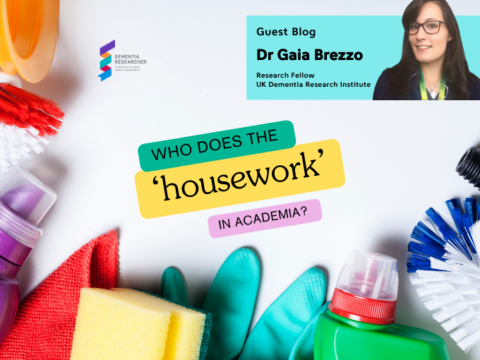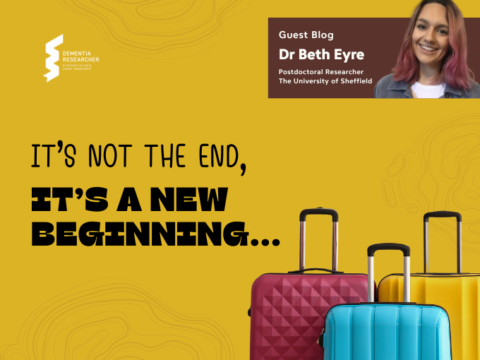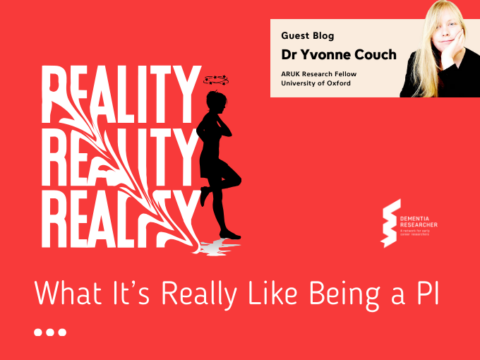Success in academia if often measured in papers. And the best papers seem to be those with about a million authors on them. Writing anything down on paper seems daunting enough without having to share it with a bunch of others who are going to give their judgement (using the edit and comment function on word – which makes everything a horrifying red). And this is all before you even submit anything to the dreaded journal reviewers. So, how does one manage this as a lowly ECR? Over the years I have developed a couple of tricks that I find useful, but it’d be great to hear how others do this too.
First off authorship:
The first paper I, and probably most people will take a lead on, is during one’s PhD. I was pretty fresh faced in academia at this time. I didn’t really know any of the ‘etiquette’ that goes with authorship. I recall having a very basic conversation with my primary supervisor who was so super patient with me. She actually spent time explaining some of those unwritten authorship rules. For example- as a PhD student you have all your PhD supervisors on author list, and perhaps a relevant mentor or pseudo supervisor. As the person doing all the writing you are first on the author list, but the last author is usually the most senior or the person taking most responsibility for supervising you (primary supervisor) or this part of the work you are doing. For example, if the paper is about the qualitative study you did and your second or third supervisor specialises in this, then they might be your last and thus most senior author on this paper. Now who goes in between and how? In general, in science, you list co-authors in order of seniority or responsibility from right to left. On the rare occasion you have a huge number of authors who contributed equally or who have equal status then they might go alphabetically. Some, more social science journals, might go left to right. If you are unsure, it is worth having a conversation about this. It seems so simple but carries so much weight. In fact, I would recommend addressing authorship as soon as you can once the list of authors has been agreed. Be open about it. Maybe even ask what people want- particularly those senior author spots. And then, once the senior spots are agreed, make a list of where you feel people should/could go and check everyone is happy (I’d check with individual verbal conversations or individual emails to be sure).
Dishing out the writing:
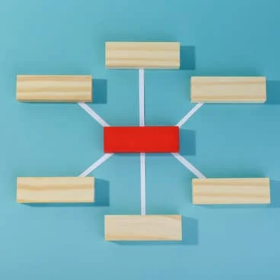
Science is increasingly being conducted in large, interdisciplinary teams. As team size increases, challenges can arise during manuscript development, where achieving one team goal (e.g., inclusivity) may be in direct conflict with other goals (e.g., efficiency).
If the paper is part of your PhD or your personal research study, you usually need to do all the writing for the first draft. It is, after all, a piece of writing arising from your research. If you are co-ordinating a paper based on a more collaborative project then it is wise to have an explicit conversation about who will write what. So, let’s deal with the PhD paper first. I recall not actually realising that my supervisors might provide quite as much feedback as they did. In other words, be prepared for lots of input. And view feedback as a positive. I know I have learnt vast amounts from the written comments I have received. I am a product of a late 80s and early 90s state school education within the UK. This means I was never explicitly taught grammar and punctuation. The pedagogy at the time suggested children would absorb and learn, rather than needing to be taught the rules explicitly. In my case this wasn’t entirely effective. My supervisors have kindly and patiently added the odd comment to remind of these rules- it is incredibly helpful and I realise I improving both my academic writing style and my grammar. Many of my supervisors have developed ‘neat’ ways of saying things over the years. They will often share these with me, and thus neaten up my work too. I find myself in turn sharing this with others now. Having addressed a first round of comments, I have, in the past had to deal with two or three rounds from the most senior author, before then sending an article out to the remaining author team for a further round of comments. Those comments take time but are incredibly important- each of those authors must read a paper to warrant a place on your author team.
What about those other papers. Those collaborative ones can be a little trickier. Sometimes putting together a shared document you can all work on concurrently is useful. Having ‘assigned’ sections allows individuals to get on with their relevant section independently, under their own steam. And setting deadlines can streamline the process. I should have mentioned deadlines sooner. I feel deadlines (not hard stops, target dates) are essential for collaborating on a paper. Having a deadline for people to complete a draft version of their section, or editing another section, or sending you their affiliations is the only way to ensure you can actually progress. Though rather than inflicting a deadline, talking about deadlines in meetings and then agreeing them is perhaps more collaborative. Or suggesting that, as the lead, you are keen to submit a paper by X date so could everyone get their information back to you by Y date please, is also fine – as long as the dates are do-able.
Doing the writing:
Once you have those comments back, when you have a paper which has accumulated a load of red markings, do not be put off. I remember feeling, and I still do occasionally, a bit overwhelmed by the red. It is really hard to read and visually process a paper with too much this stuff in it. I have since had a few students become extremely tearful and upset when they open papers to see a tidal wave of red like this. I am now explicit. I suggest that you scan through the red, just to make sure that it all makes sense. This is particularly important to do if you are working with someone you don’t know so well. If it is someone you regularly collaborate with you might be able to anticipate their suggestions and you just need to get the gist. Then accept all the changes they have made (if you agree). Don’t spend too much time on this. NOW you can go back and read through the comments, dealing with them one by one. Complete all the easy comments, then go back and do another sweep to deal with the hard comments. If you strongly disagree with what someone has suggested don’t make the change, but generally as a junior it is worth taking on your more experienced colleagues suggestions.
Sometimes collaborative papers are best written together, live and thus jointly. This is also a brilliant way to learn about the process of writing. It is probably best done with only one or two others at the same time, but if one person is able to show or share the manuscript and you talk through each sentence it can actually be both super fun and rather satisfying. I have only done this a few times, with colleagues I know quite well, but I have also felt really valued in the process. Other people will often take on board your suggestions as well as you taking on board theirs. I think there is more reciprocity in this method of working perhaps.
Final touches
Once you’ve finalised the paper, always send it round for a final sweep. I sometimes do this a couple of weeks before I intend to submit – if I feel it needs a final review. If I am feeling more confident or there is an urgent deadline then I send it just as I submit- to say here we are this is what we have submitted. I would also consider circulating it with reviewer comments- at this stage I tend to try and deal with the comments first, then, circulate the response to reviewers and flag anything I need anyone to check.
The Glory
Never forget to circulate it on publication- this is the good bit. Send it round, alert people to the good news. And treat yourself to a glass of bubbles or something celebratory. It doesn’t matter where you’ve published but that you have- well done!
Author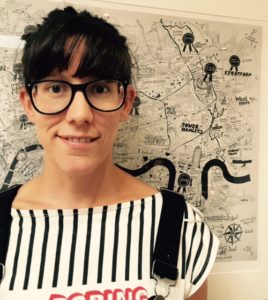
Dr Anna Volkmer is a Speech and Language Therapist and Senior Research Fellow in Language and Cognition, Department of Psychology and Language Sciences, University College London. Anna is researching Speech and language therapy interventions in language led dementia and was once voted scariest speech and language therapist (even her children agree).

 Print This Post
Print This Post